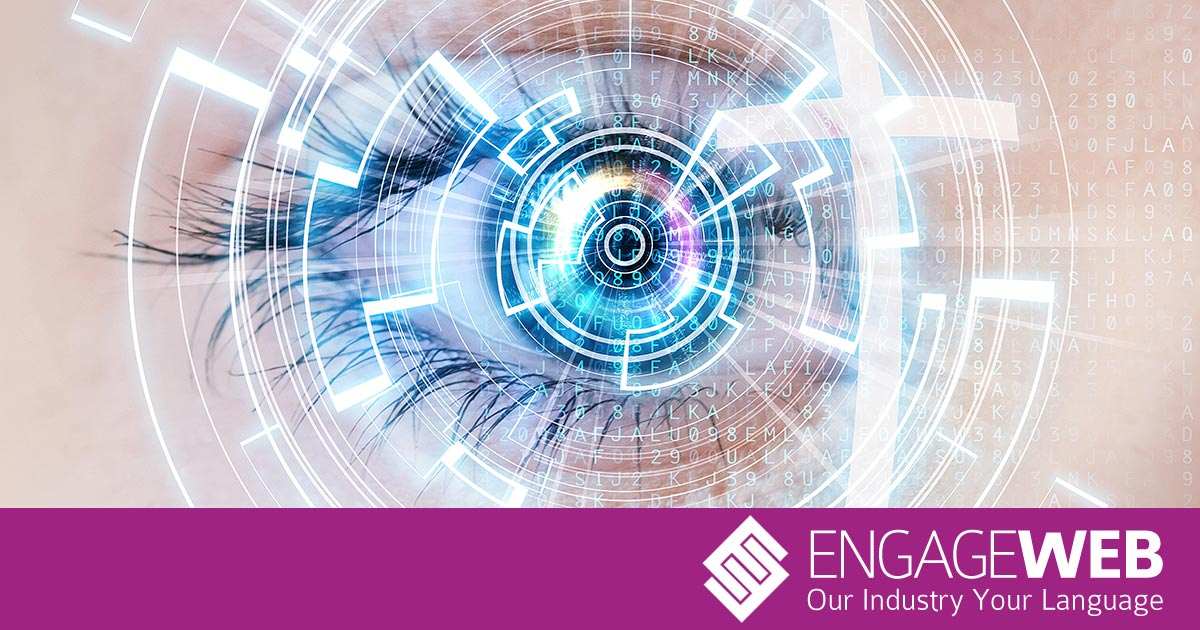DeepMind, the artificial intelligence company that is owned by Google’s parent company Alphabet Inc., will shortly be put through its paces in an experiment involving the detection of 50 medical conditions that can threaten sight.
According to a study published in Nature Medicine, a scientific journal, the AI’s ability to detect various signs of disease now goes further than that of human doctors. DeepMind’s partners, the University College London Institute for Ophthalmology and Moorfields Eye Hospital, say that they plan to begin clinical trials of the new tech as soon as next year.
If successful, DeepMind intends to create a product approved by regulators that could see a wide release on UK shores. It also intends to make the product free to use; for the first five years, at least.
The disease detector would be the very first time that one of DeepMind’s machine learning algorithms was used in a healthcare product.
Parent company Alphabet has several irons in the fire with regards to AI-driven healthcare. Earlier in 2018, a subsidiary company, Verily, announced its goal to extend the human lifespan. The project teams the company with Google’s experts to develop software that could detect cardiovascular problems using images of the retina.
Avoiding controversy
DeepMind’s work alongside the NHS has not been without controversy so far. In 2017, the UK’s data privacy body said that the Royal Free Hospital, an NHS Trust, had provided 1.6 million patient records to the company illegally to help it develop a mobile app to alert doctors about acute kidney injuries in their patients.
However, steps were taken to avoid this situation in the latest project. The senior doctor leading the Moorfields team, Pearse Keane, says that the hospital did everything in its power to anonymize the 16,000 patient records that were used to train and test the disease detection algorithm. The hospital’s information governance department audited the process and ultimately approved it, and made sure that DeepMind was prevented from trying to identify the patients who took part.
The NHS also emphasized that Moorfields owns the data used in the study, and is free to use it in other projects.
The research used a process called optical coherence tomography (OCT), which can be used to detect age-related visual degeneration, as well as other disorders such as diabetes that adversely affect sight.
To test the effectiveness of the new software, DeepMind used it on 1,000 scans not used to train the AI, and compared its performance to four senior eye doctors specially trained in interpreting OCT scans. It was found that the AI made the correct referral decision in over 94% of cases, and out-performed most of the humans.
- Why Google recommends human reviews for AI-generated content - August 20, 2025
- Google will now bring you just the good news - August 24, 2018
- Barnsley FC reaches out to depressed fan - August 22, 2018



